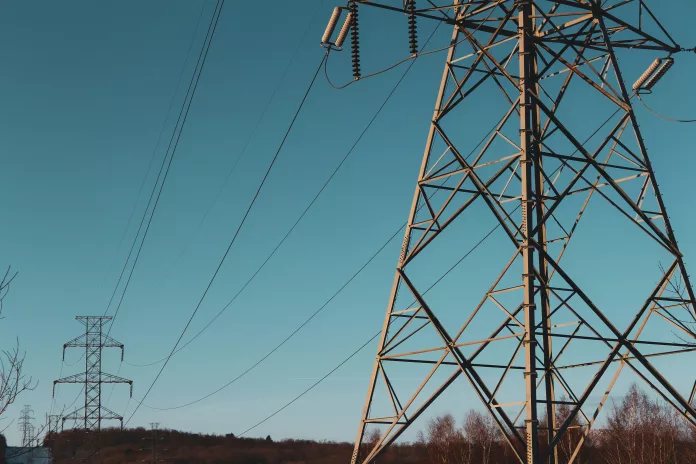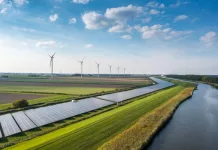The U.S. Department of Energy (DOE) is embracing proactive measures to bolster the nation’s electricity infrastructure, presenting a draft of 10 proposed National Interest Electric Transmission Corridors (NIETCs) in regions where the need for enhanced transmission capabilities is most critical. Additionally, the DOE is introducing foundational criteria for applying to the Transmission Facility Financing (TFF) program, a cornerstone of President Biden’s strategy to infuse the nation with cleaner and more economical energy options.
Public Consultation on Transmission Expansion
The DOE has launched a call for public perspectives regarding the initial selection of prospective NIETCs as well as the application and assessment processes related to the TFF program. U.S. Secretary of Energy Jennifer M. Granholm highlighted the aging nature of the grid, emphasizing the financial and practical burdens it places on American consumers, especially in light of increasing power disruptions from extreme weather events. She reiterated the administration’s dedication to deploying affordable, reliable, and clean power across the nation.
Senior Advisor to the President for Climate Policy, John Podesta, and National Climate Advisor Ali Zaidi echoed the sentiment, underscoring the fast-tracking of transmission infrastructure as key to attaining the country’s environmental and clean energy objectives. They asserted that this movement supports a historic surge in clean energy and manufacturing within the United States, aligning with the administration’s ambition for a sustainable economic future that promotes job creation and environmental stewardship.
Understanding NIETCs
Under amendments to the Federal Power Act by the Bipartisan Infrastructure Law, the Energy Secretary is granted authority to designate NIETCs in response to consumer detriment caused by transmission shortcomings. This empowers the achievements of regional and national interests, including bolstered reliability and reduced costs for consumers.
An NIETC label brings federal financial and permitting capabilities to the forefront, easing the way for transmission project advancements. This includes direct loans through the TFF program, encourages public-private cooperatives via the Transmission Facilitation Program, and in certain circumstances, involves FERC in federal siting and permitting roles. The DOE’s environmental assessments during the NIETC designation may also expedite local processes.
The DOE’s presentation of the preliminary NIETC list is resulting from public feedback and independent scrutiny. It aligns with the 2023 National Transmission Needs Study, identifying areas where new transmission can significantly aid regional requirements.
The earmarked NIETCs span across various landscapes and are strategically planned to enhance renewable energy integration and improve connectivity between distinct power grids. It is crucial to note the current list is tentative, with specific boundaries liable to change following additional assessments.
Public Engagement and Next Steps
The DOE has now entered the second phase of the NIETC designation, opening a 45-day period for public comments related to the geographic delineations and the potential environmental and community implications of the NIETC proposals. The DOE is encouraging stakeholders to provide detailed local insights to inform the process.
With the public comment window closing on June 24, 2024, the DOE is organizing an informative webinar to further engage with interested parties. The subsequent phases post public commentary will see a more selective progression of potential NIETCs, with phases involving in-depth reports, environmental reviews, and comprehensive public and tribal consultations.
Pathway to Transmission Facility Financing
The TFF program is set to empower eligible transmission ventures within a NIETC through direct loans. With funding from the Inflation Reduction Act, the program is expected to unlock extensive loan potential. The DOE is actively seeking insights from the energy sector, including utilities and project developers, on the range of eligible projects and associated financial requirements.
Entities interested in contributing their perspectives are invited to contact the DOE to ensure their feedback is accounted for in the shaping of the TFF program, which is anticipated to be operational in 2025.

























